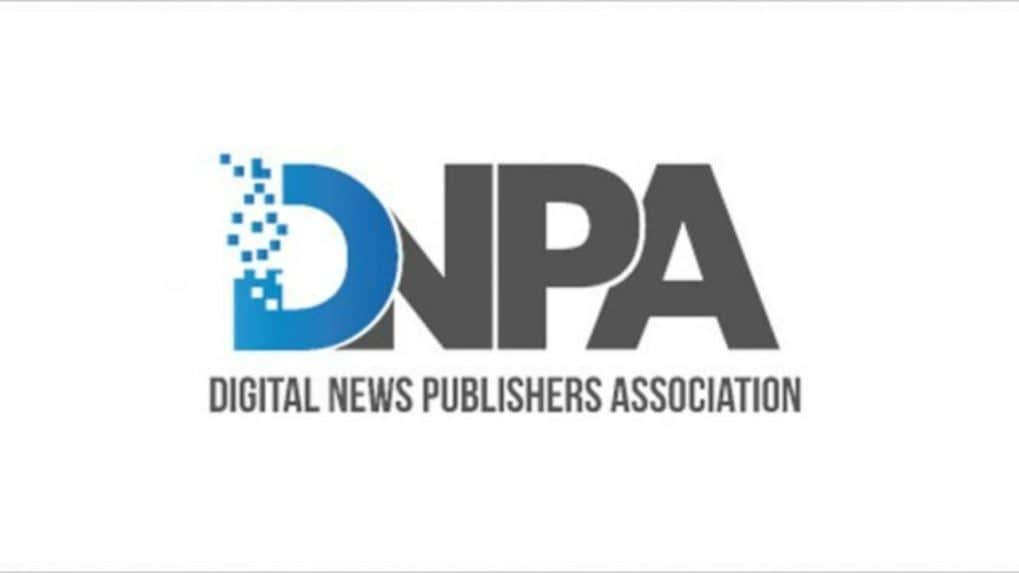Advertising
From Pink Slips to Silent Sidelining: Inside adland’s layoff and anxiety crisis

The Digital News Publishers Association (DNPA) on Tuesday raised serious concerns before the Delhi High Court over what it termed as unauthorized and infringing use of digital news content by OpenAI’s artificial intelligence platform, ChatGPT.
Appearing on behalf of DNPA, Senior Advocate Rajshekhar Rao argued that the AI model is trained using online news reports without permission, undermining the economic viability of digital journalism.
“Physical newspaper circulation has already declined sharply. If digital news also disappears, only ChatGPT will remain. It reduces my incentive to publish,” Rao told the court during a hearing in the copyright infringement lawsuit filed by Asian News International (ANI) against OpenAI.
The DNPA — an intervenor in the case — represents major Indian media houses including The Times Group, The Hindu, The Indian Express, and NDTV, among others. Rao stressed that the reproduction or storage of news content by AI models without authorization violates copyright laws, even if such storage is temporary.
“The moment you download my content without permission, you infringe on my exclusive rights. Even storing an infringing copy for a transient moment amounts to infringement,” Rao submitted.
The court was also shown a specific instance where ChatGPT reportedly reproduced excerpts from an interview in response to a user query — a move that DNPA argued was unauthorized and illegal.
Highlighting the need for lawful acquisition of content, Rao compared OpenAI’s practices to academic research, stating, “Just like you need to buy a subscription to SCC Online to conduct research privately, the same principle should apply here.”
Justice Amit Bansal, who is presiding over the case, acknowledged the challenge of applying existing laws to evolving technologies. “This is a classic case where a law last amended in 2012 is trying to keep pace with technology,” the judge observed.
Rao is expected to continue his arguments on the next hearing dates scheduled for August 18, September 12, and September 23.
ANI, in its suit, has alleged that OpenAI is commercially exploiting its original content to train ChatGPT. In its defense, OpenAI has argued that copyright protection in news reporting is limited, and there is greater public interest in ensuring free access to information.
From purpose-driven work and narrative-rich brand films to AI-enabled ideas and creator-led collaborations, the awards reflect the full spectrum of modern creativity.
Read MoreLooking ahead to the close of 2025 and into 2026, Sorrell sees technology platforms as the clear winners. He described them as “nation states in their own right”, with market capitalisations that exceed the GDPs of many countries.